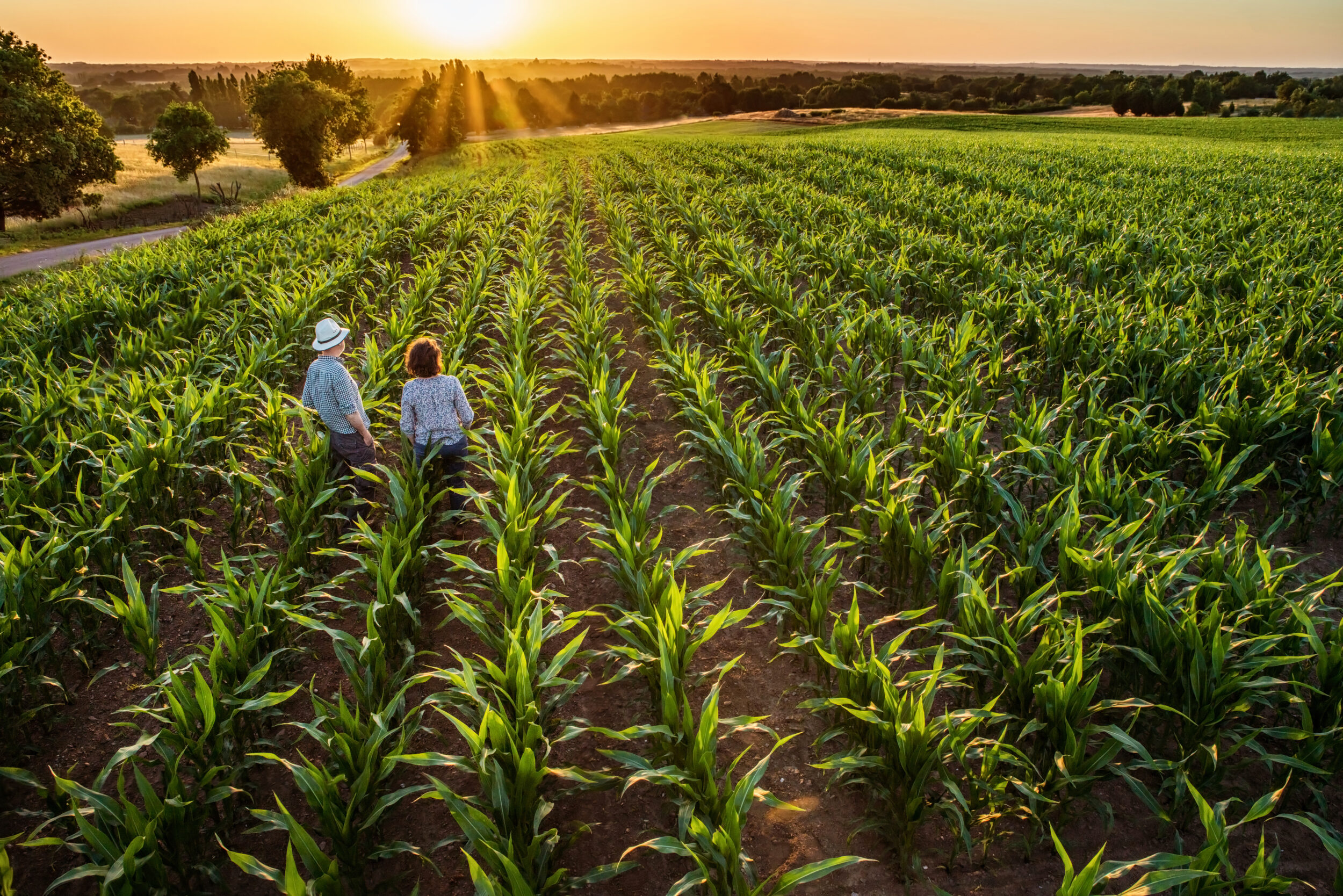World Milk Day 2024 Report – Celebrating Dairy’s Vital Role in Nutrition and Sustainability
This year, on June 1, we celebrated the vital role that dairy plays in delivering…
It was my pleasure to join the Sustainable Consumption and Production meeting hosted by OnePlanet at UNEA6 and discuss the importance of enabling all parts of the food system value chain.

The food system consists of businesses small and large – from a fisher, to the food stall in a city, to global multinationals. Together they comprise the delivery mechanism of our entire food system. Each part of that food system has a vital role to play in ecosystem services, soil health, and our oceans. Investment in the food system is frequently limited by inequalities where actors least able to bear costs are often on the front line of climate challenges. SCP interventions are highly cost effective because they create long term solutions that are beneficial. Investments addressing the inequalities are a compelling way to advance SCP. Food loss and waste is an excellent example.
Fellow panelist Monica Yater did an excellent job of describing the role pastoralists play in the agriculture system. Later, the conversation turned to a favorite topic – soils! James Lomax and I were able to speak to the importance of soil health and I used the example of no-till which has been used on the Canadian prairies for 25 years or more.